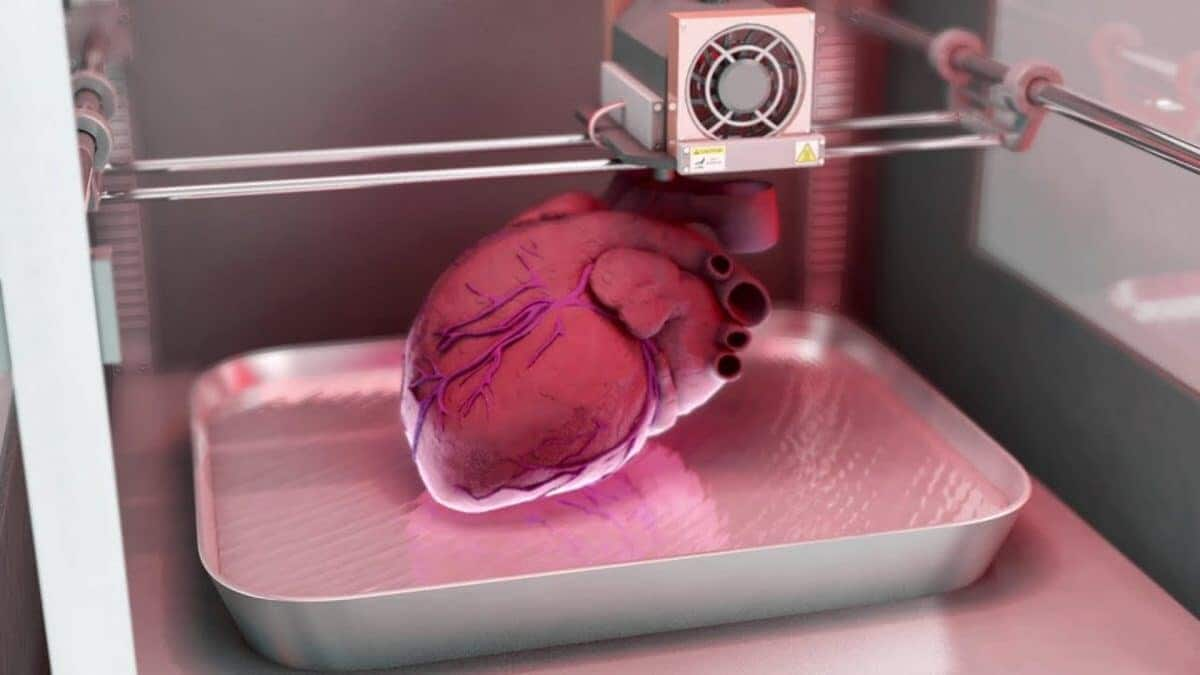
US scientists use AI to 3D print human organs
What's the story
Artificial Intelligence (AI) is being utilized by researchers at Washington State University (WSU) in the United States, to explore the possibility of 3D printing human organs. The team has developed an innovative technique using Bayesian Optimization, an AI method that could significantly enhance the speed and accuracy of 3D printing complex human organs. This development was recently published in Advanced Materials Technologies journal.
Technological breakthrough
AI algorithm enhances efficiency in 3D printing
The groundbreaking aspect of this research is the use of an AI algorithm to efficiently 3D print even the most intricate structures. As part of their study, the WSU team trained this algorithm to identify and print accurate versions of kidney and prostate organ models. The result was an impressive production of 60 progressively refined versions, demonstrating a significant improvement over traditional methods.
Overcoming obstacles
AI-driven approach overcomes challenges in 3D printing
The process of 3D printing has been gaining popularity, but it also presents challenges, especially when setting up correct parameters for complex tasks. Engineers need to consider factors like materials, printer configuration, and nozzle dispensing pressure. The WSU-developed AI model optimizes organ model printing by achieving a harmonious balance of geometric accuracy, material density, and production speed, resulting in models that are both visually realistic and functionally effective.
Broader implications
AI technique's potential extends beyond medicine
The applications of AI-driven 3D printing extend beyond medicine. In fields like computer science, aviation, and automotive engineering, it could revolutionize design and prototyping. For instance, 3D-printed organ models could serve as training tools for surgeons and aid in evaluating implant devices. However, these models must accurately mimic the mechanical and physical properties of real organs, including complex vascular networks.